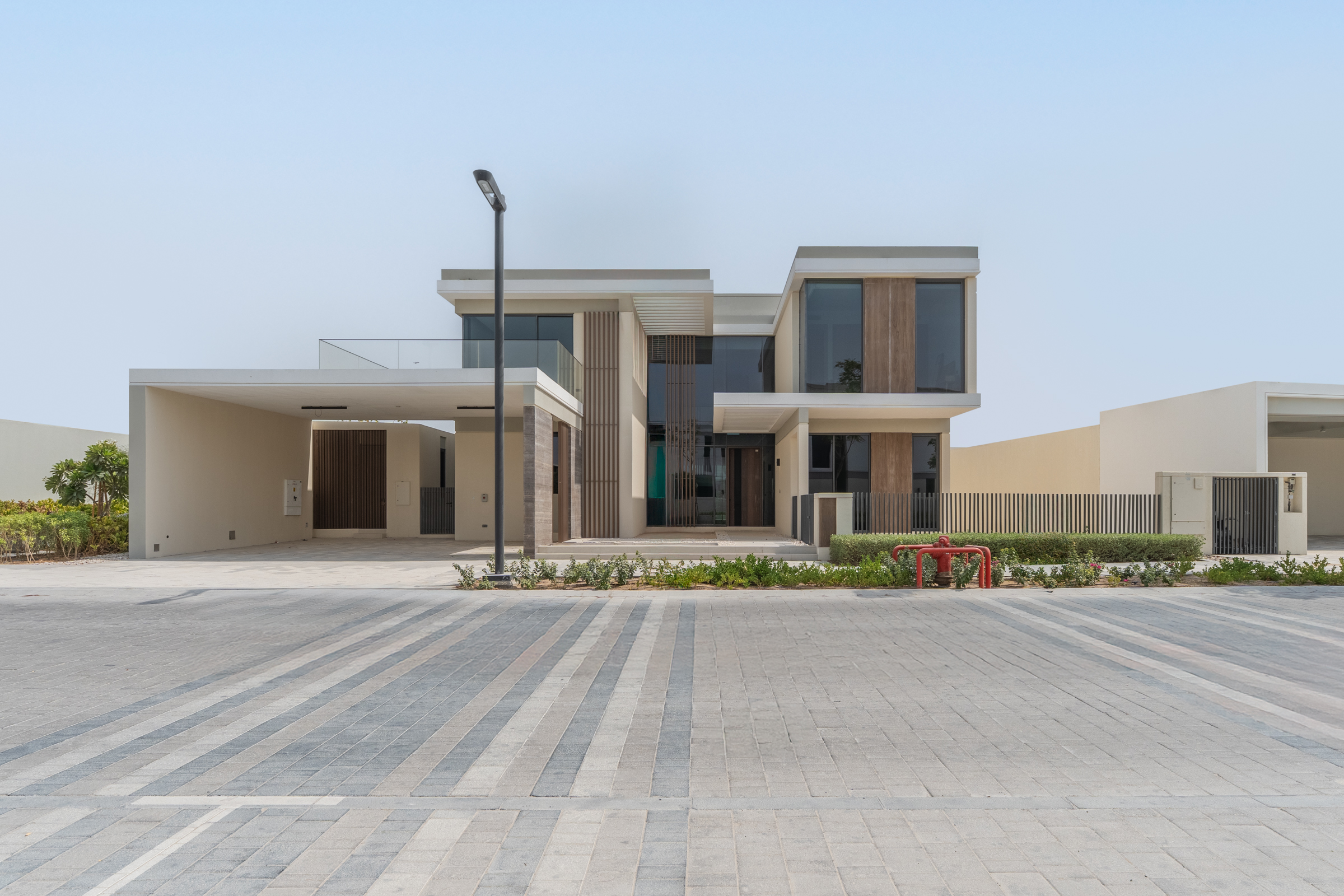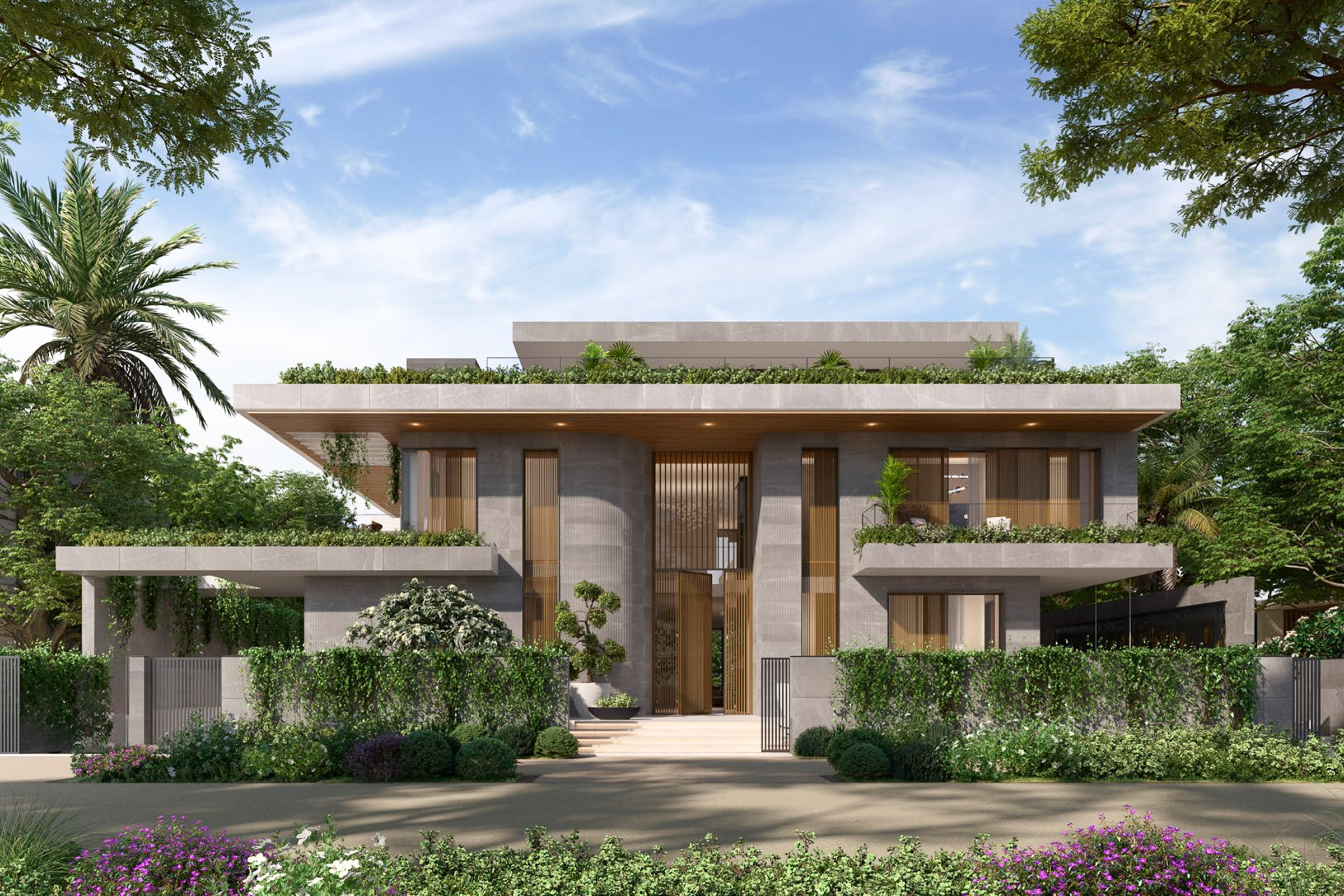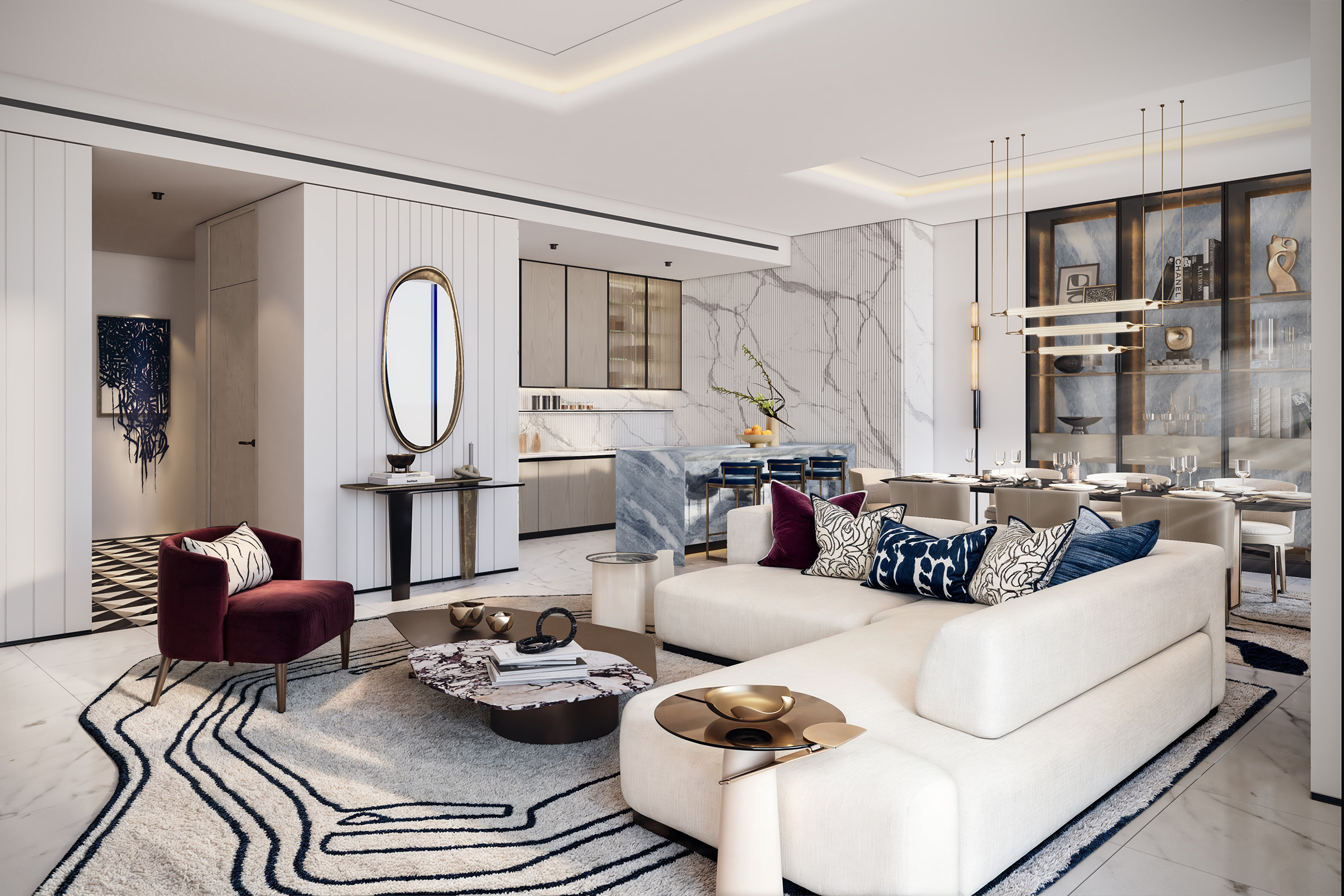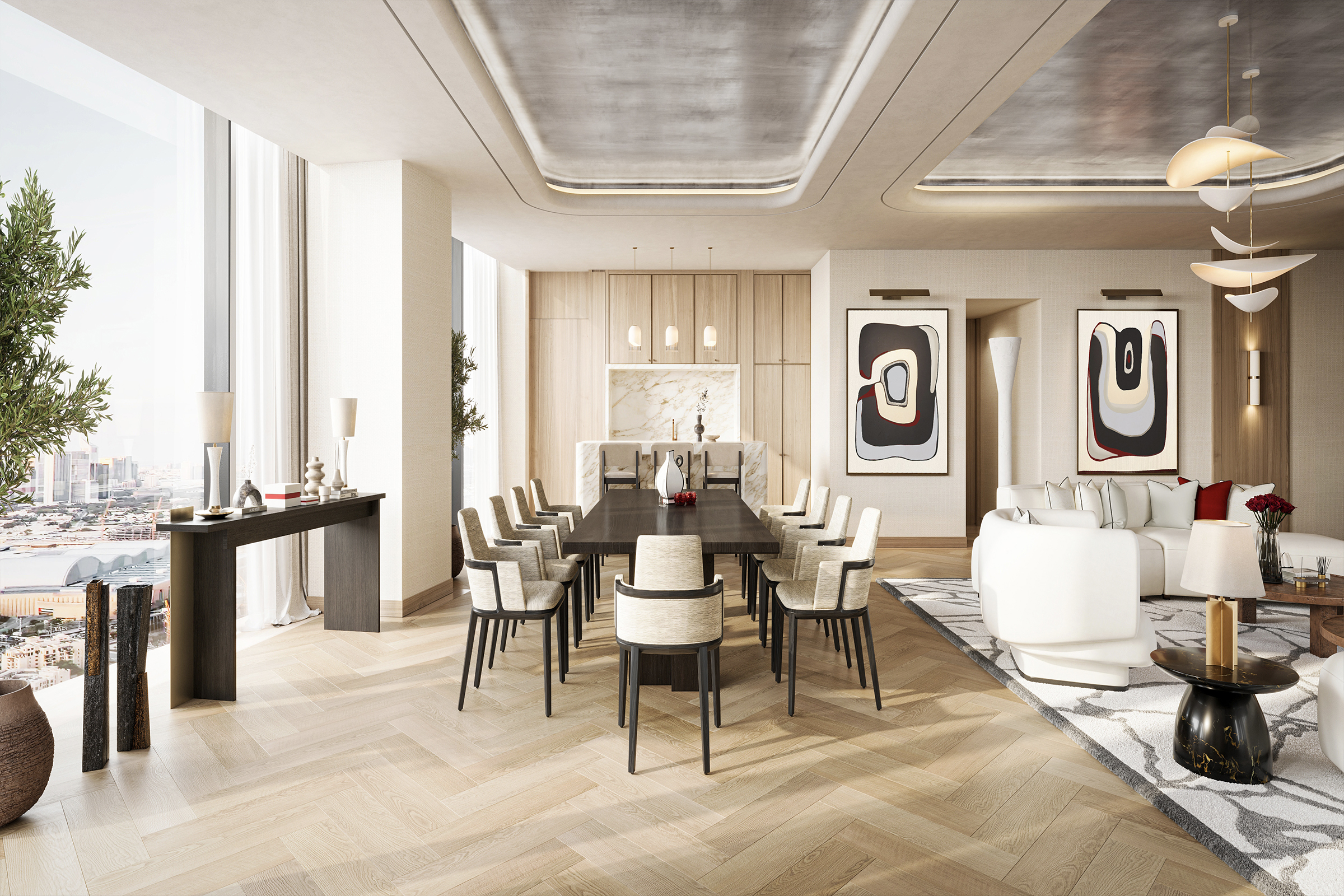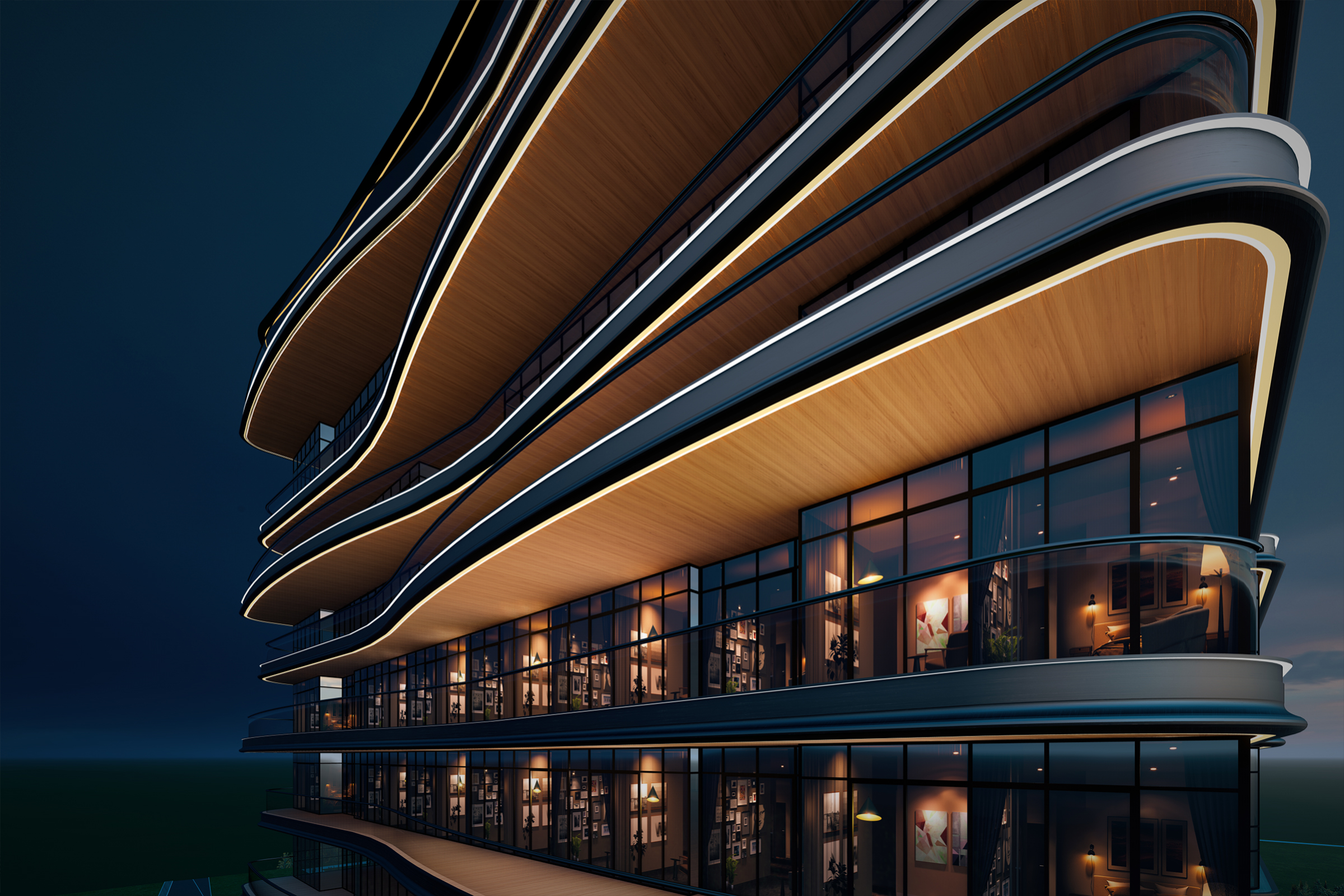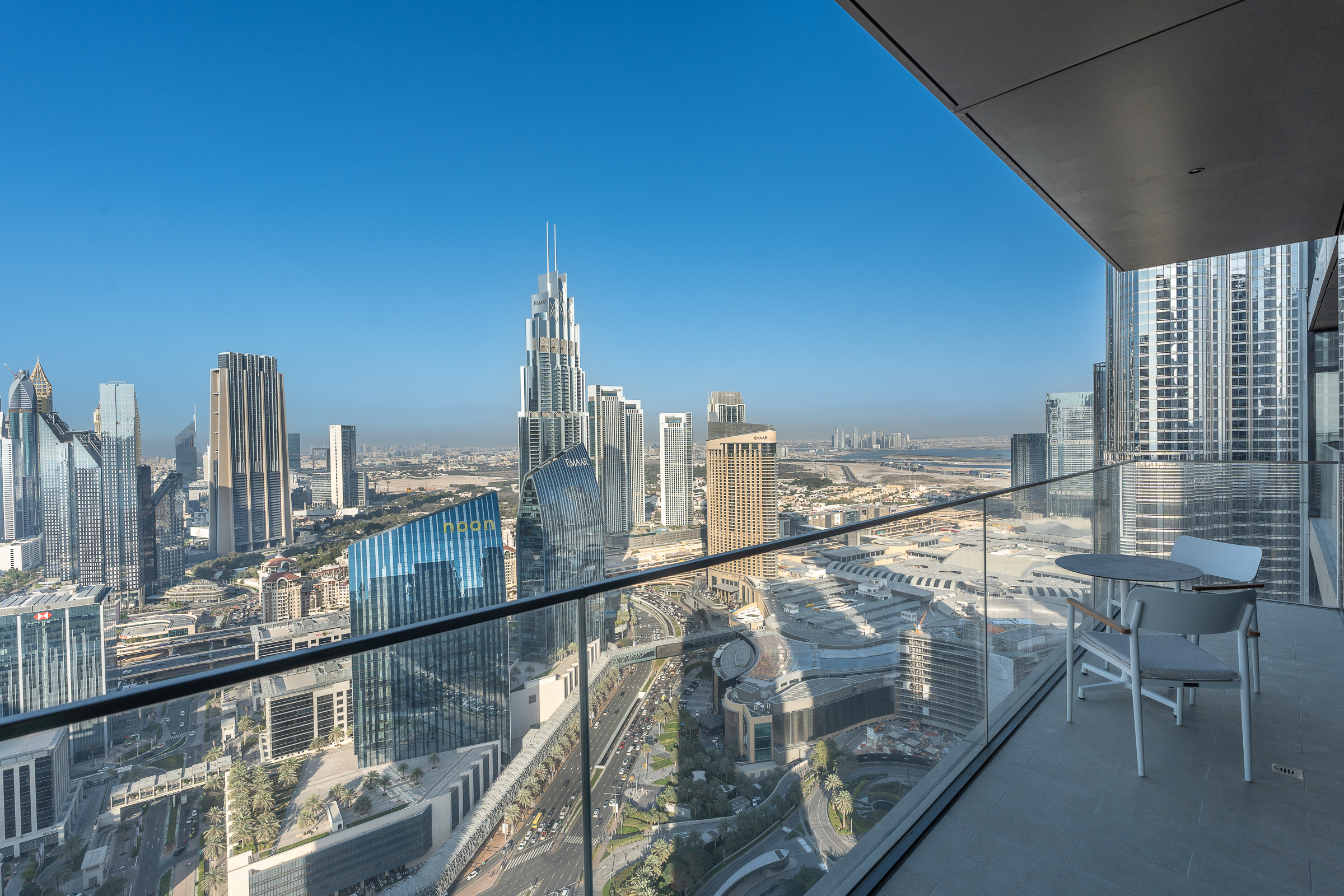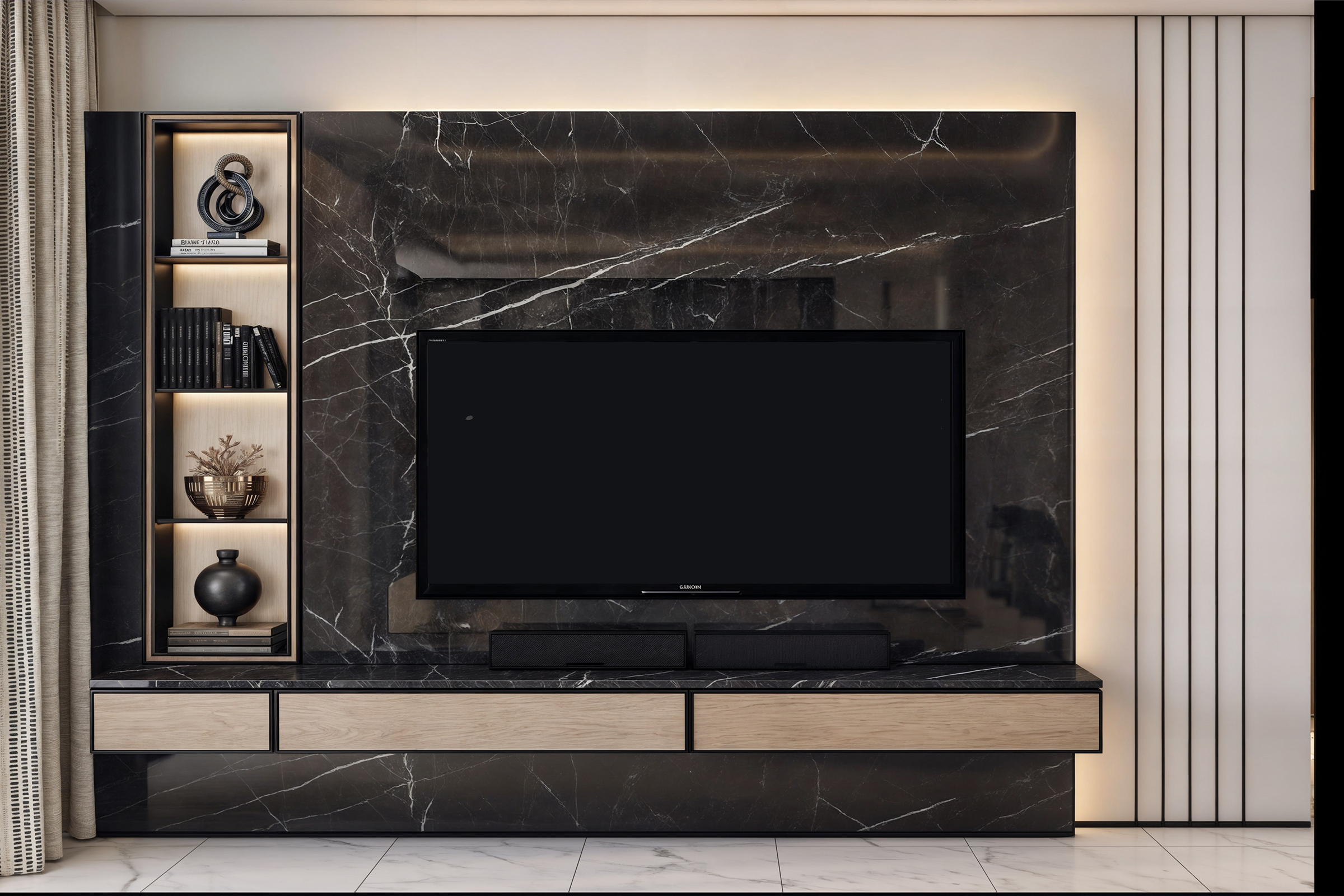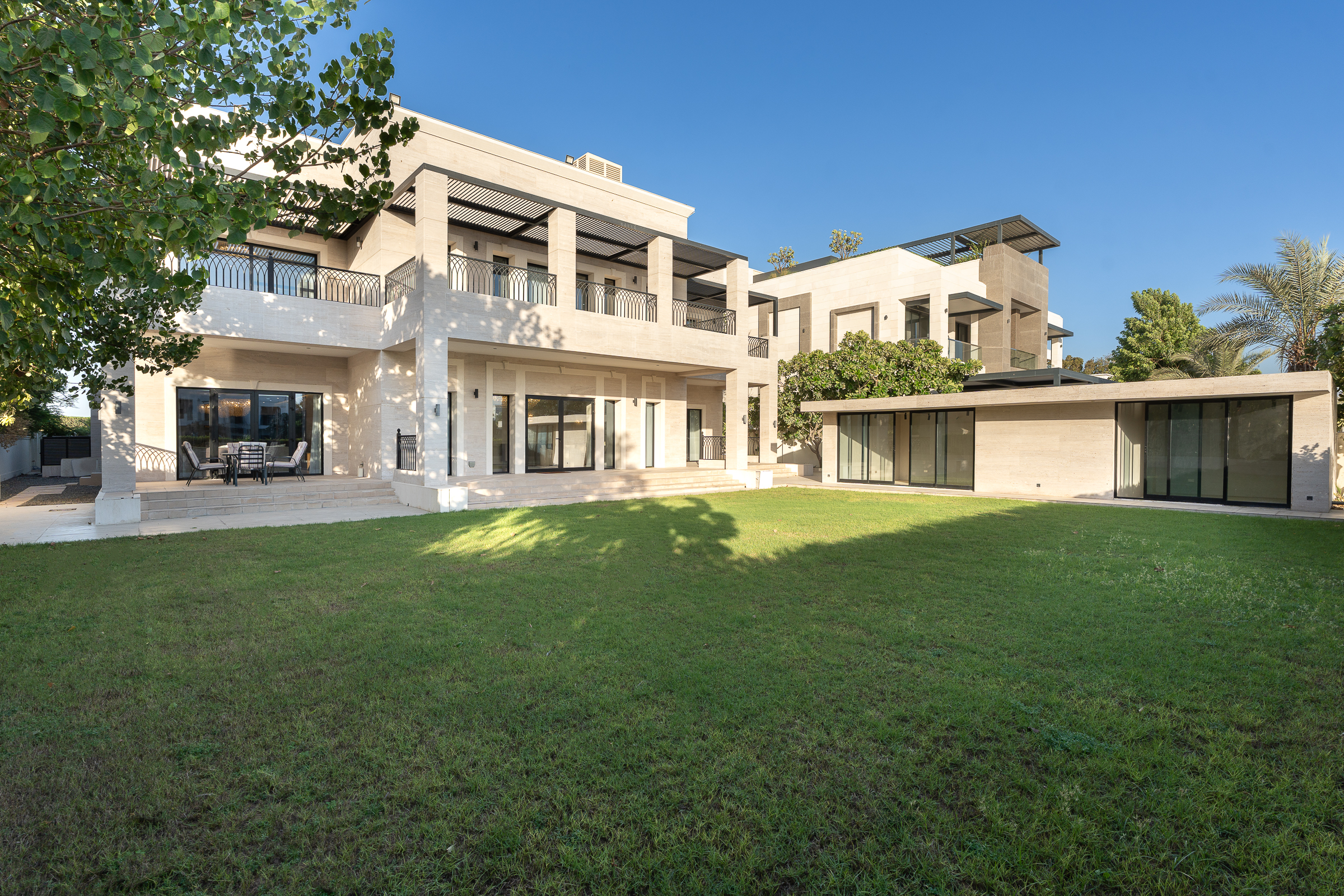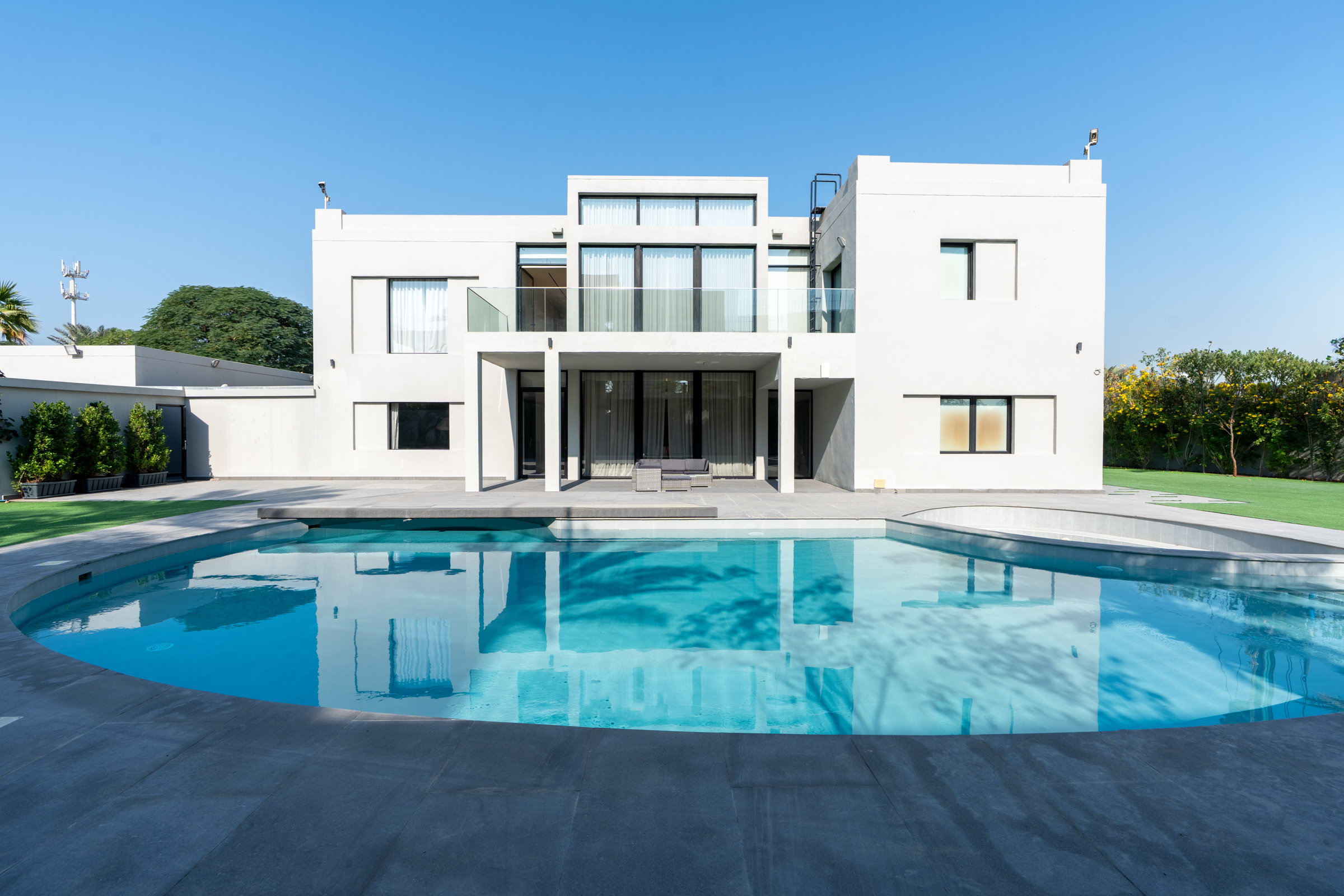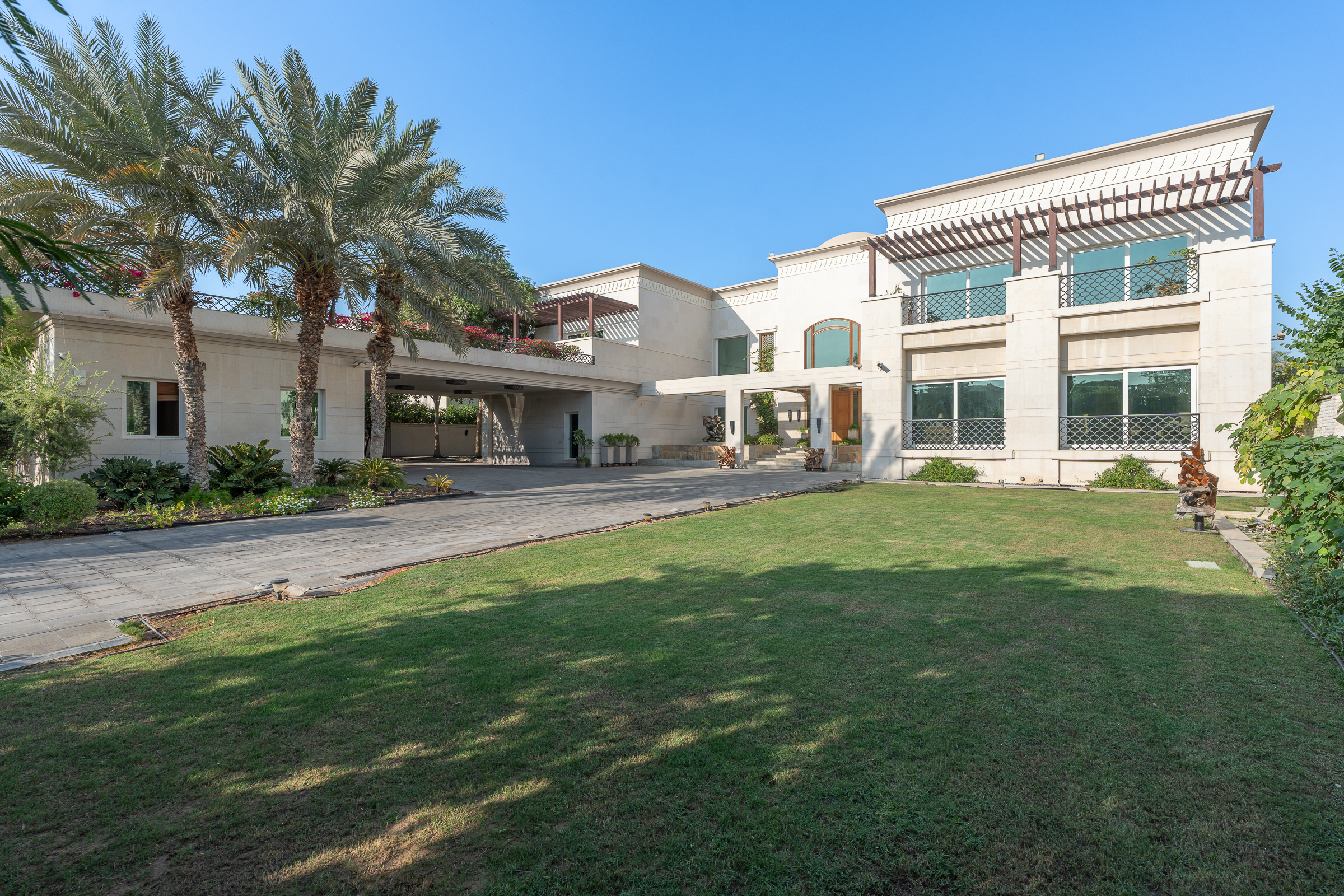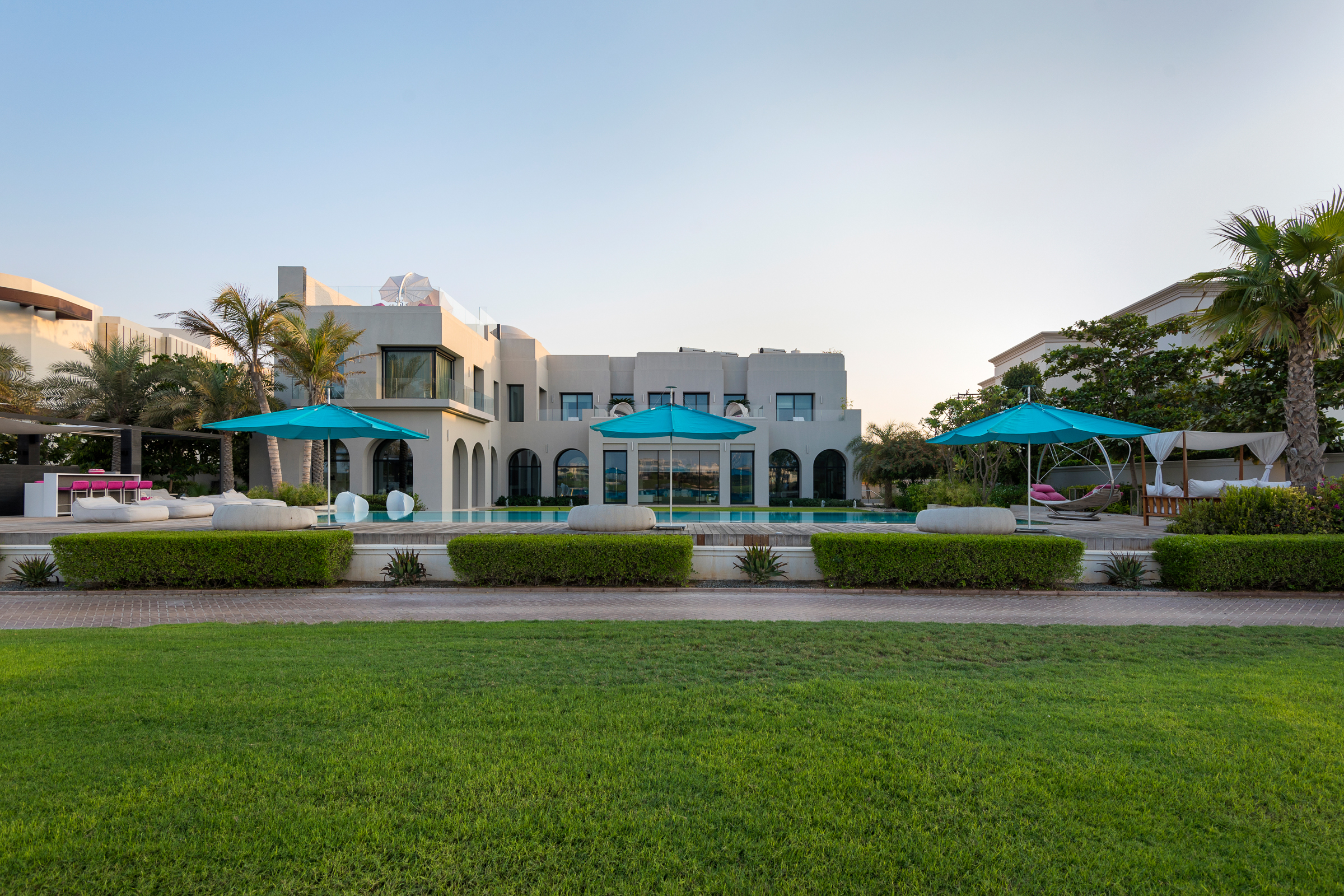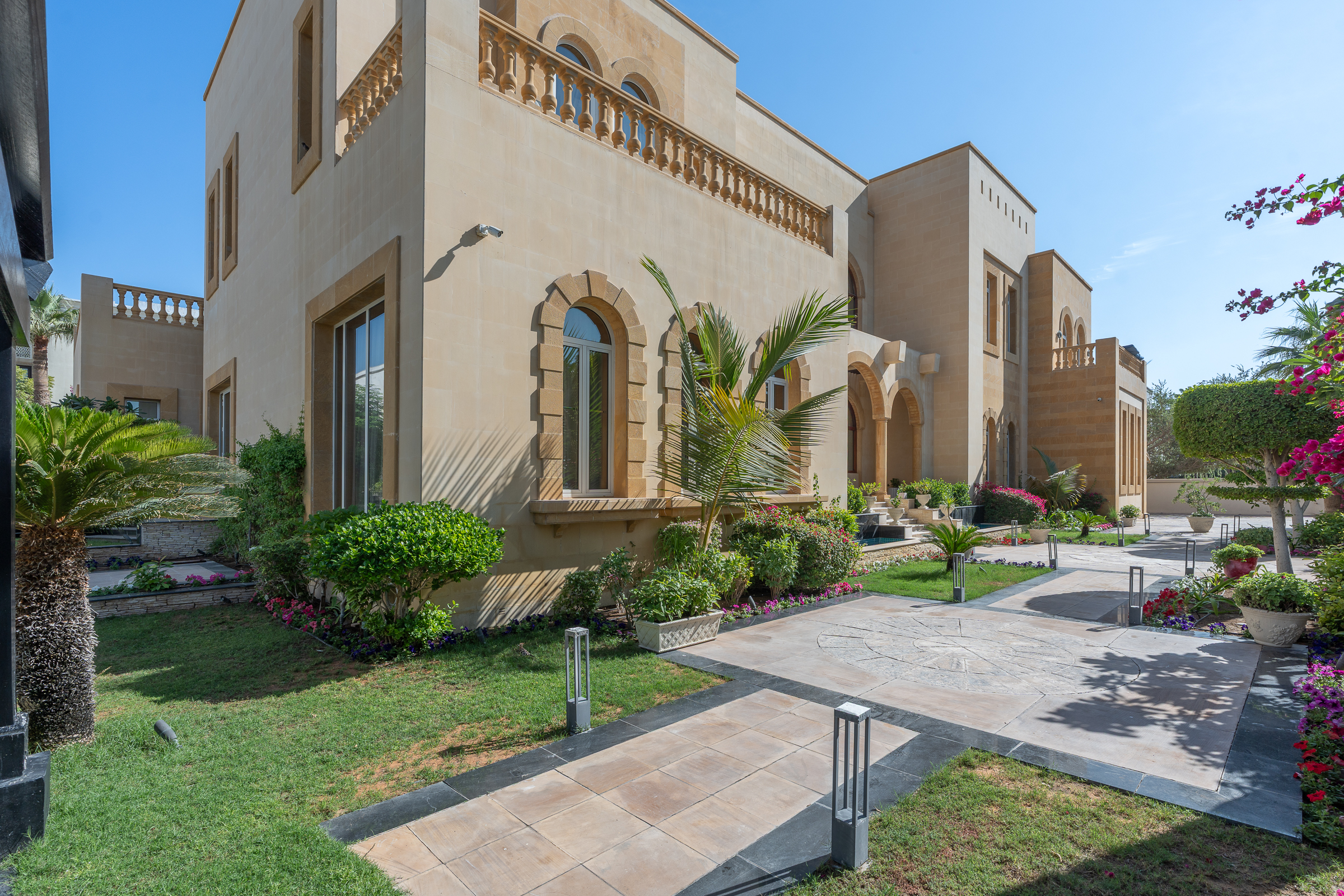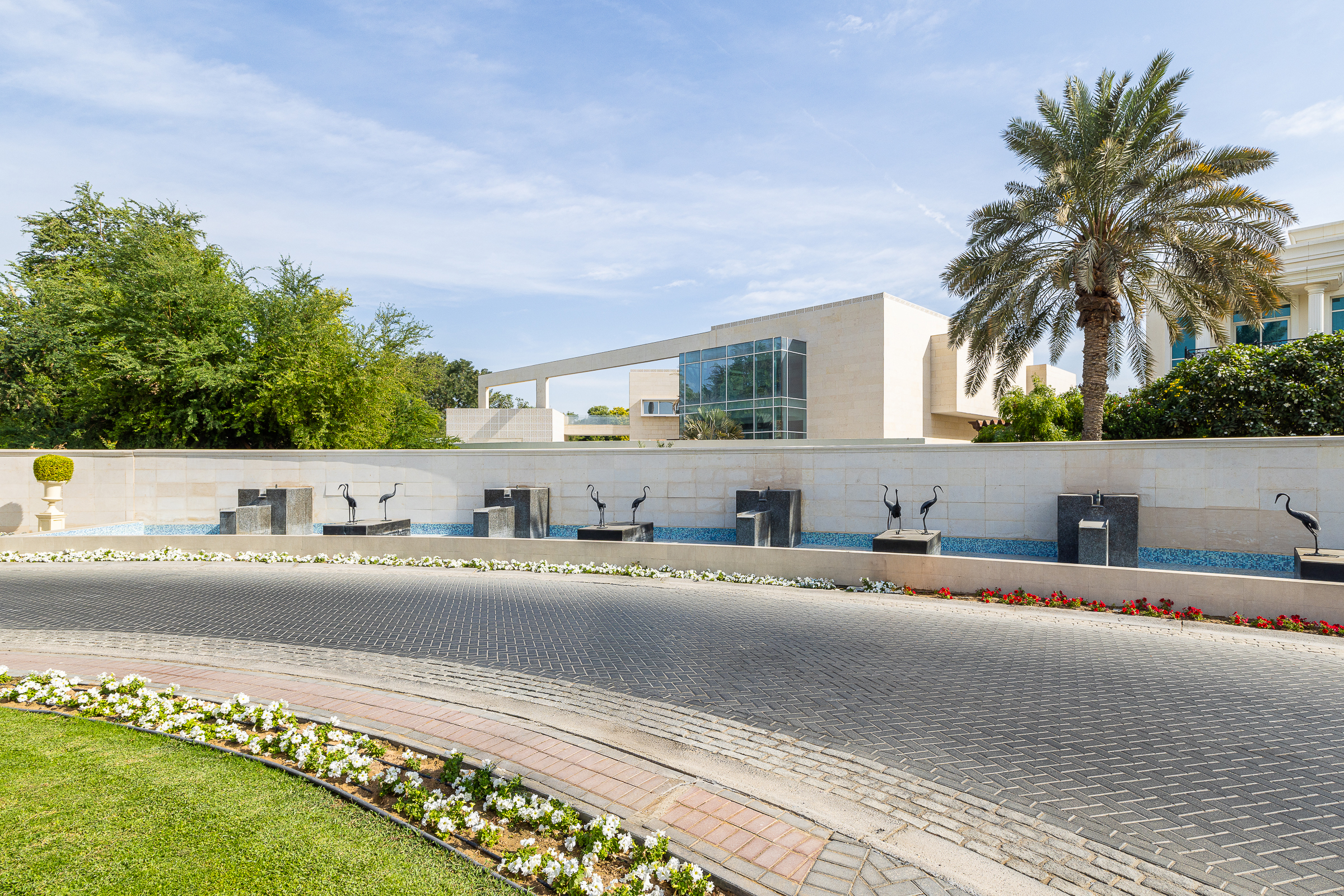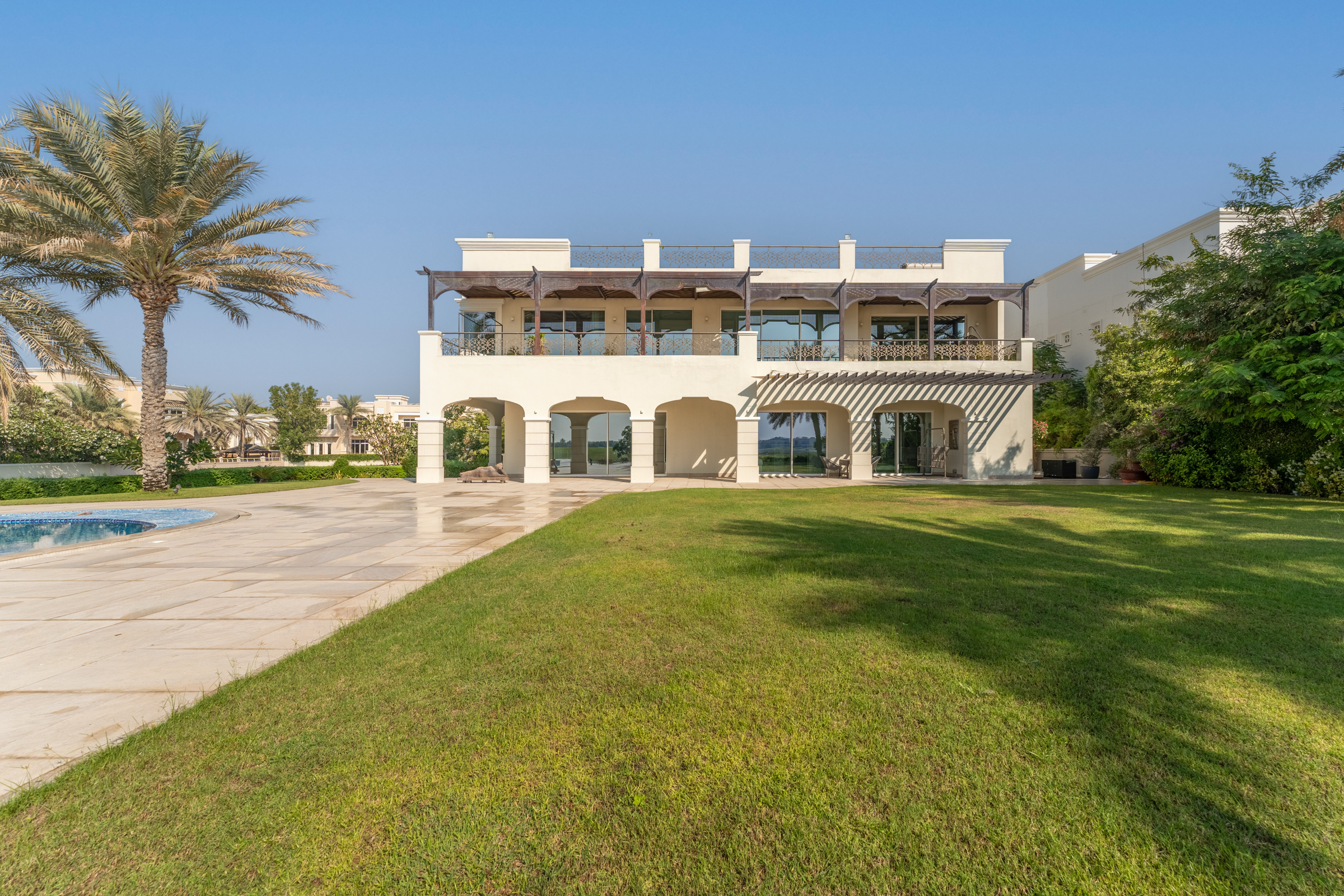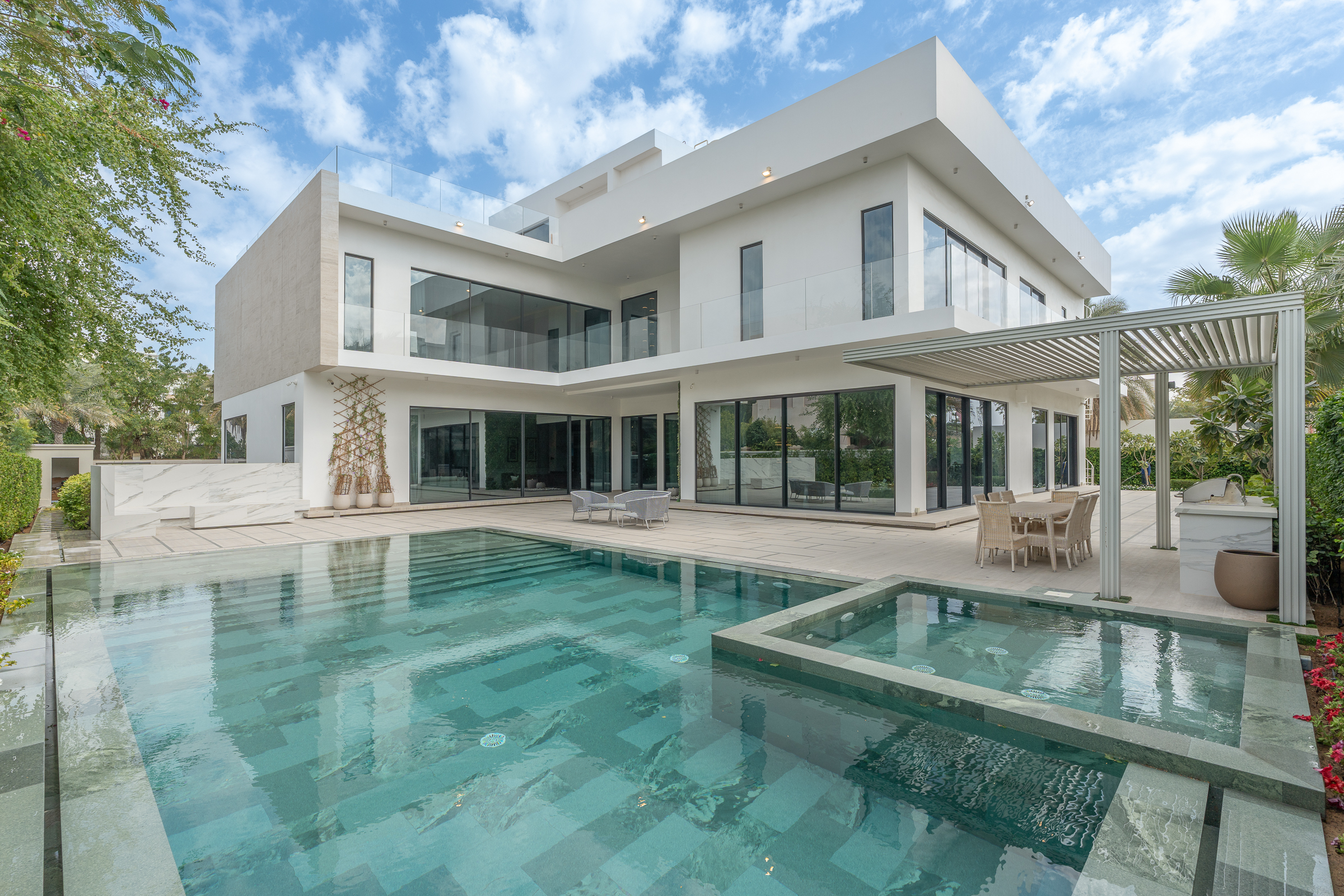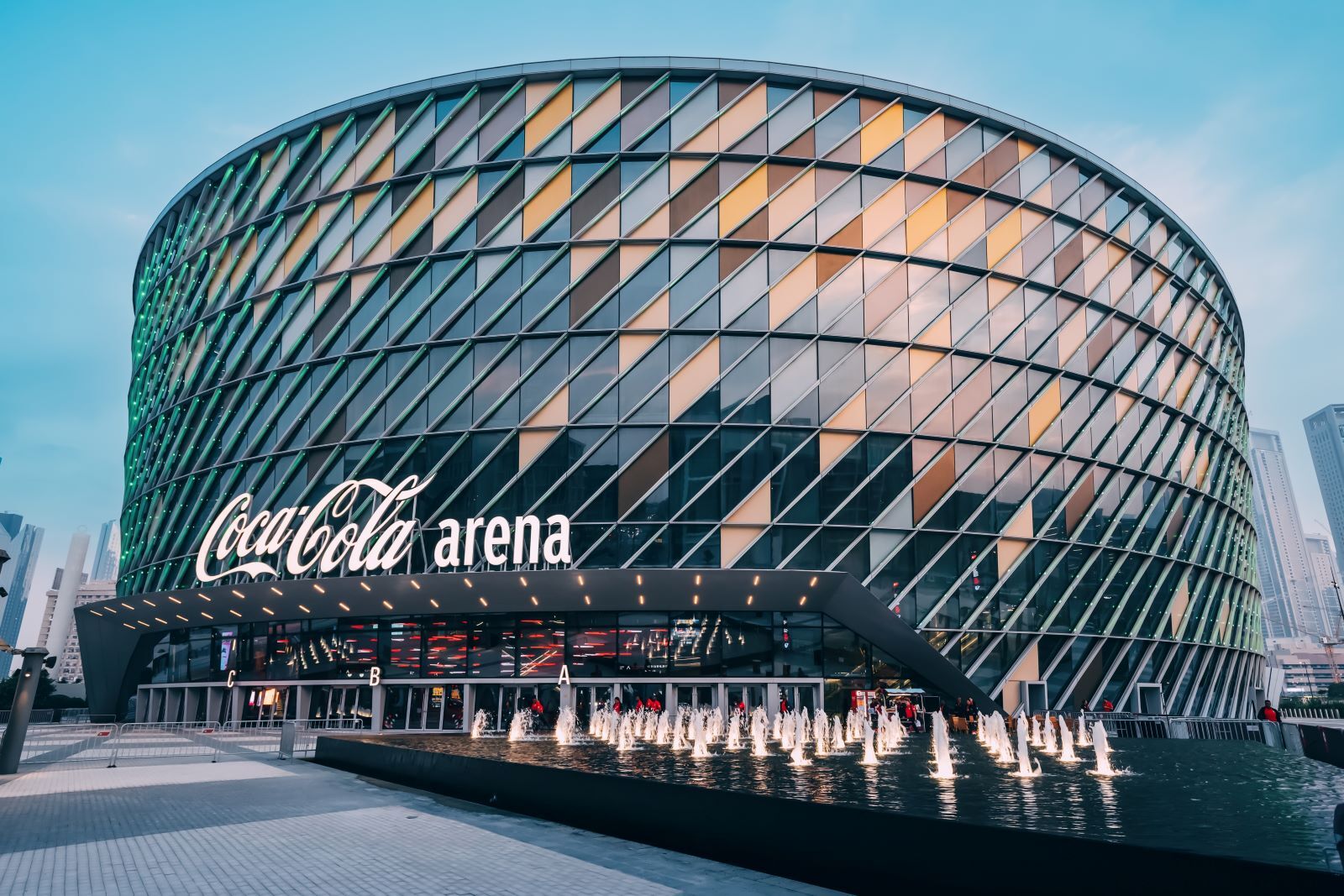Best Schools in Dubai for Expats
Published: 12 March 2025
Dubai’s education system mirrors its population—highly international and constantly evolving. With more than 90% of residents coming from abroad, most schools cater primarily to foreign families. Yet, this broad selection doesn’t necessarily make the decision any easier. Differences in curricula, location, tuition fees, and cultural factors all play a role in finding the right fit.
This guide explores what truly matters to expat families relocating to Dubai—continuity with home-country academic frameworks, transition support, language options, and school communities that ease the move for both students and parents to life in the Emirates.
.jpg?width=1000&height=666&name=unnamed%20(44).jpg)
Curriculum Choices
For most expat families, the curriculum is the starting point. Dubai offers virtually every major international education system, providing multiple pathways for students.
British Curriculum
British schools represent the longest-standing segment of Dubai’s international education sector. Institutions such as GEMS Wellington International, Dubai College, and Jumeirah English Speaking School (JESS) have built established reputations over decades.
Dubai College upholds the highest academic standards, but selective entry makes securing a place difficult—especially for families arriving mid-year. The school’s ethos suits students who excel under academic pressure, especially those planning to return for university studies in the UK.
JESS, particularly at its Arabian Ranches campus, provides a more balanced experience, offering pastoral support alongside rigorous teaching practices. However, its deep suburban location means longer commutes for families based in central Dubai.
GEMS Wellington schools differ by location. The Silicon Oasis branch has impressive facilities and strong IB Diploma results, but its size—over 2,000 students—can feel overwhelming. The Al Khail campus offers a more intimate setting while maintaining high educational standards.
For British expats, these schools offer an obvious alignment with their home country education, whereas, for other nationalities, they present clear progressions and globally recognised qualifications.
Nearby Community : Tilal Al Ghaf
Harmony 3, Tilal Al Ghaf
- 7
- 6
- 6,515 SQ.FT.
Elysian Mansions, Tilal Al Ghaf
- 10
- 5
- 15,600 SQ.FT.
Alaya Beach, Tilal Al Ghaf
- 8
- 6
- 17,136 SQ.FT.
Elysian Mansions, Tilal Al Ghaf
- 6
- 5
- 10,807 SQ.FT.
American Curriculum
American schools in Dubai tend to have a more flexible academic structure in terms of assessments and subject choices compared to their British counterparts. Dubai American Academy and the American School of Dubai, both based in Al Barsha, are among the most sought-after.
The American School of Dubai operates as a not-for-profit institution—a rarity in Dubai’s commercial education landscape. All tuition and fees directly fund the cost of education, ensuring resources are reinvested into academic programmes, facilities, and student support. This allows for a solid community feel, with many teachers staying for over a decade—uncommon in the transient expat teaching sector. The curriculum prioritises critical thinking over standardised testing, and the school's ethos places equal weight on academics, arts, and sports. However, its popularity means securing a place can be challenging.
Dubai American Academy serves a wider international demographic. While following a US-based framework, it also offers both Advanced Placement courses and the IB Diploma, providing flexibility for students from over 100 nationalities. The American model is well suited to families who may relocate again, as credits transfer easily between similar institutions worldwide.
International Baccalaureate
The IB encourages students to engage with concepts through questioning, research, and problem-solving rather than rote memorisation. GEMS World Academy and Repton Dubai offer the full IB continuum, from primary to diploma level.
GEMS World Academy embodies the IB’s global outlook, with students from over 90 nationalities and a purpose-built campus designed around independent learning. Some parents find its teaching philosophy progressive compared to more traditional academic structures, particularly in the early years. Its location in Al Barsha ensures accessibility from many expat neighbourhoods.
Repton blends British traditions with IB principles, creating a hybrid approach that appeals to families wanting a balance between structure and creative thinking. Its boarding facilities (rare in Dubai) serve families who travel frequently for work or live in other Emirates.
Expatriate families planning multiple international moves often find IB the easiest curriculum to transition between countries, though its academic demands may not suit every student.
Other National Curricula:
Dubai is also home to French, German, Japanese, and Indian education systems, for specific expat demographics.
Lycée Français International Georges Pompidou follows the French national curriculum across multiple campuses. For French expats, it provides complete continuity with home country education, though limited English-language instruction can create challenges for eventual transitions to universities outside the Francophone world.
The German International School adheres to Germany’s state curriculum, offering native-language instruction with direct pathways to universities in Germany.
Indian curriculum schools like GEMS Modern Academy and Delhi Private School serve the large Indian expatriate population. These schools often achieve excellent academic results at significantly lower fees than their British or American counterparts. Some have adapted to incorporate international elements, with GEMS Modern Academy including CBSE and IB avenues.
Nearby Community : Downtown Dubai
Discover Properties in Downtown Dubai
"The Residence | Burj Khalifa, Downtown Dubai
- 5
- 4
- 8,230 SQ.FT.
Sofitel Residences Downtown, Downtown Dubai
- 6
- 4
- 7,165.54 SQ.FT.
Sofitel Residences Downtown, Downtown Dubai
- 3
- 2
- 1,651.18 SQ.FT.
Baccarat Hotel and Residences, Downtown Dubai
- 4
- 3
- 4,251 SQ.FT.
Sofitel Residences Downtown, Downtown Dubai
- 4
- 3
- 3,570.39 SQ.FT.
The Address Residences Dubai Opera Tower 2, Downtown Dubai
- 6
- 5
- 6,067 SQ.FT.
Sofitel Residences Downtown, Downtown Dubai
- 3
- 2
- 1,661.62 SQ.FT.
Sofitel Residences Downtown, Downtown Dubai
- 4
- 3
- 3,570.6 SQ.FT.
Sofitel Residences Downtown, Downtown Dubai
- 7
- 5
- 7,381.78 SQ.FT.
Sofitel Residences Downtown, Downtown Dubai
- 4
- 3
- 3,570.28 SQ.FT.
Location Matters
Dubai's traffic makes school location an important consideration for daily quality of life. Most expat families cluster in specific areas, with schools concentrated accordingly.
Arabian Ranches and Emirates Hills
These residential areas have several top schools, including JESS Arabian Ranches, Raffles World Academy, and Emirates International School. Families living in these areas benefit from short commutes, but housing costs are among Dubai's highest, and living here typically requires a car (or two).
The communities around these schools have developed their own expatriate ecosystems, with parent groups, sports teams, and social networks built around school connections. This creates a valuable support system for newly-arrived families.
Explore Community : Emirates Hills
Discover Properties in Emirates Hills
"Sector W, Emirates Hills
- 6
- 5
- 12,000 SQ.FT.
Sector E, Emirates Hills
- 6
- 5
- 19,000 SQ.FT.
Sector E, Emirates Hills
- 13
- 8
- 32,674.82 SQ.FT.
Sector E, Emirates Hills
- 10
- 9
- 37,600 SQ.FT.
Sector E, Emirates Hills
- 6
- 6
- 20,407 SQ.FT.
Sector E, Emirates Hills
- 8
- 6
- 20,000 SQ.FT.
Sector P, Emirates Hills
- 8
- 7
- 31,881 SQ.FT.
Sector E, Emirates Hills
- 10
- 7
- 24,000 SQ.FT.
Al Barsha
Al Barsha has become Dubai's education centre, hosting the American School of Dubai, Dubai American Academy, GEMS World Academy, and numerous other institutions within a relatively compact area. For families living anywhere from Marina to Downtown, these schools offer reasonable commuting distances.
The concentration of schools creates practical advantages—children from the same family can attend different schools without complicated arrangements, and after-school activities and playdates become more convenient.
Outer Areas
Newer developments such as Dubai Hills are attracting schools with modern campuses and, in some cases, lower fees. However, parent communities here are still forming, and travel times to central Dubai remain a consideration.
Age-Specific Considerations
The right school choice depends on your child's age. In the early years (FS1-Year 2), approaches vary widely. British schools typically provide more structured learning, while American and IB programmes emphasise learning through play. Class sizes matter at this stage—JESS and Safa Community School keep their youngest groups smaller than most.
Primary years (Year 3-6) mark a transition. British and Indian schools shift towards academics earlier, while American schools maintain their project-based approach for longer. This is when extracurricular activities start to play a bigger role—GEMS Wellington and Nord Anglia excel in the arts. Class sizes grow in most schools, though Dubai British School and JESS still maintain smaller groups than average.
Middle school years (Year 7-9) bring bigger changes. British schools begin preparing students for GCSEs, while American and IB pathways keep options more flexible. At this stage, pastoral support becomes crucial—Jumeirah College’s house system helps students navigate the social challenges of early adolescence. Sports also become more competitive, with Dubai English Speaking College and American School of Dubai fielding strong teams in regional tournaments.
By sixth form and high school (Year 10+), university pathways start to diverge. A-Level students specialise in fewer subjects, while IB students maintain a broader curriculum. Schools such as Dubai College and GEMS World Academy connect students with internships and industry mentors. University counselling also differs significantly—some schools primarily support UK applications, whereas others concentrate on US admissions processes and standardised test preparation.
Beyond Academics – What Expatriate Families Need
Although academic performance is key, experienced international families highlight other factors as equally important when choosing a school.
Transition Support – The Critical First Months
Schools take distinctly different approaches in how they help new students adjust. Dubai College prioritises academic achievement but offers minimal settling-in support. By contrast, GEMS Wellington International and Jumeirah College have dedicated integration initiatives, including buddy systems and cultural orientation sessions.
American School of Dubai assigns counselors specifically to help new families navigate both the school and broader Dubai life. This support extends to parents, with regular coffee mornings and networking events to build community.
These integration systems can determine whether a family's transition to expatriate life is smooth or prematurely cut short.
Language Support – Beyond ESL
While most international schools teach in English, approaches to supporting non-native speakers differ. GEMS World Academy employs specialists in English acquisition rather than treating language support as remedial. The school integrates language learning into regular classes rather than pulling students out, helping maintain social connections.
Nord Anglia International School offers mother tongue maintenance programmes in several languages, recognising that students eventually returning to home countries need to maintain their first language.
Schools with extensive language programmes help multilingual families support their children's language development.
Inclusive Education
Dubai's approach to inclusive education continues to develop, with several schools now leading the way. Fairgreen International School and Arbor School have built inclusion into their founding principles, with specialist support and flexible teaching approaches.
GEMS Jumeirah Primary School has developed one of the most comprehensive support systems for students with additional needs, though this comes at additional cost through its Lighthouse programme.
Researching a school's inclusion philosophy and resources is essential for expatriate families with children who need learning support, as provisions can change greatly between institutions.
The Practical Reality – Fees, Waitlists, and Planning Ahead
Dubai's private education system comes with practical challenges that catch many expatriate families by surprise.
Fee Structures
School fees in Dubai rank among the world's highest, with premier institutions charging between AED 80,000 and 120,000 (approximately £17,000 to £26,000) annually for high school grades. What's less obvious is the additional costs—transportation, uniforms, technology, lunch programmes, and "optional" trips which add an extra 15% to 20% to the headline fee.
Company education allowances alter with some multinationals covering full costs while others provide fixed contributions regardless of the school chosen. This financial reality shapes many families' choices, especially those with multiple school-age children.
Comparison with Other Cities
While Dubai’s fees are high, they remain comparable to other major expatriate destinations. In London, top private schools such as Westminster and St. Paul’s charge between £20,000 and £45,000 per year. In Singapore, the top international schools cost between SGD 30,000 and 50,000 (approximately £17,000 to £28,000). New York’s top private schools, such as The Brearley School and Horace Mann, range between $50,000 and $60,000 (approximately £39,000 to £47,000).
This puts Dubai’s education costs in line with other competitive international cities.
Admission Realities
Dubai's most sought-after schools maintain lengthy waitlists for certain grade levels. Dubai College and American School of Dubai can be particularly difficult to enter without significant advance planning. Even schools with official "no waitlist" policies often have assessment processes that effectively limit entry.
For families relocating to Dubai, this creates a challenging situation where housing choices ideally follow school placement, not vice versa. Experienced expatriates recommend applying to multiple schools and being flexible about options.
Finding Your Community
Ask expat families who have lived in Dubai for years what they value most about their school choice, and many won’t mention academics first. Instead, they’ll talk about the friendships their children have formed, the parent network that helped them navigate life in a new country, and the sense of belonging they’ve found.
Schools in Dubai become more than educational institutions—they serve as cultural anchors. Families gather for weekend cricket matches at Dubai College, the international potluck dinners at GEMS World Academy, and the Diwali celebrations at Modern Academy—these community moments often hold more significance in hindsight than test scores or university acceptances.
In Dubai’s competitive educational landscape, there is no single “best school.” There is only the right school for your family at this particular moment in your international journey. The perfect fit combines practical considerations—location, budget, curriculum compatibility—with the less tangible but equally important sense of community that will shape your Dubai experience.
